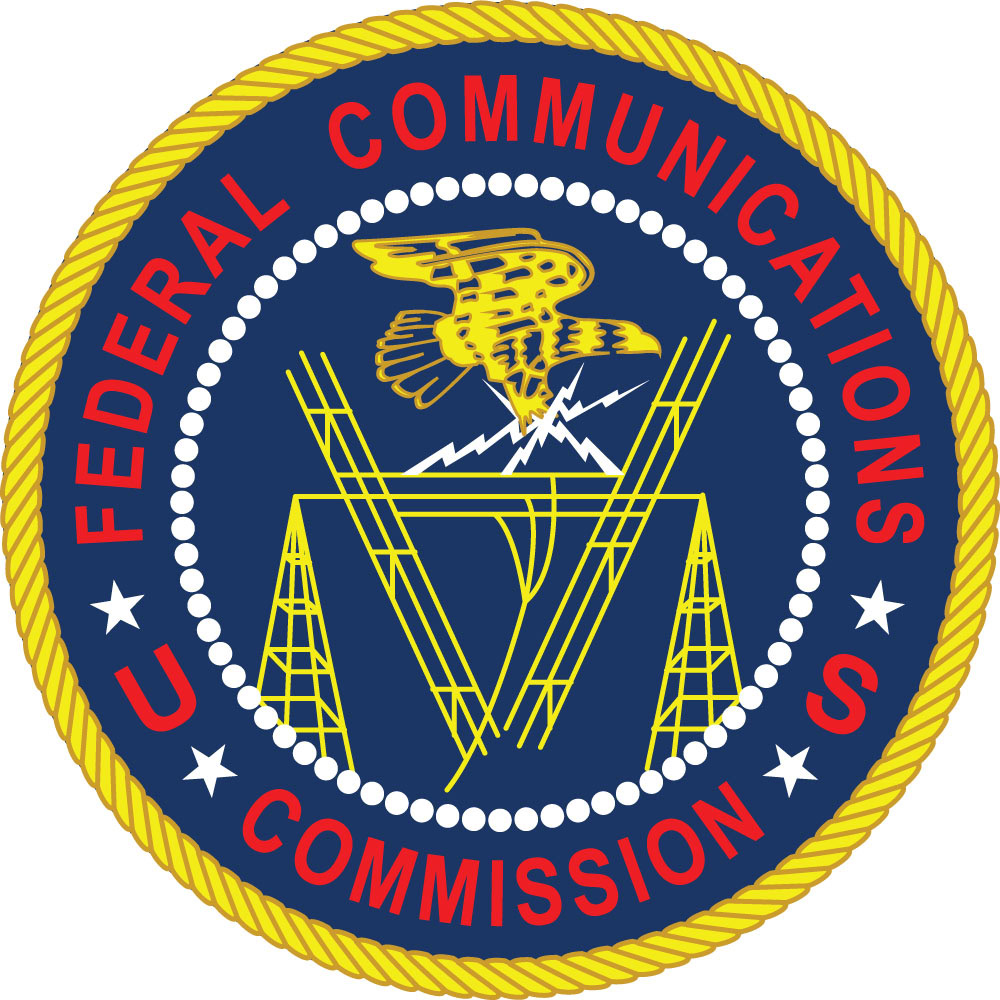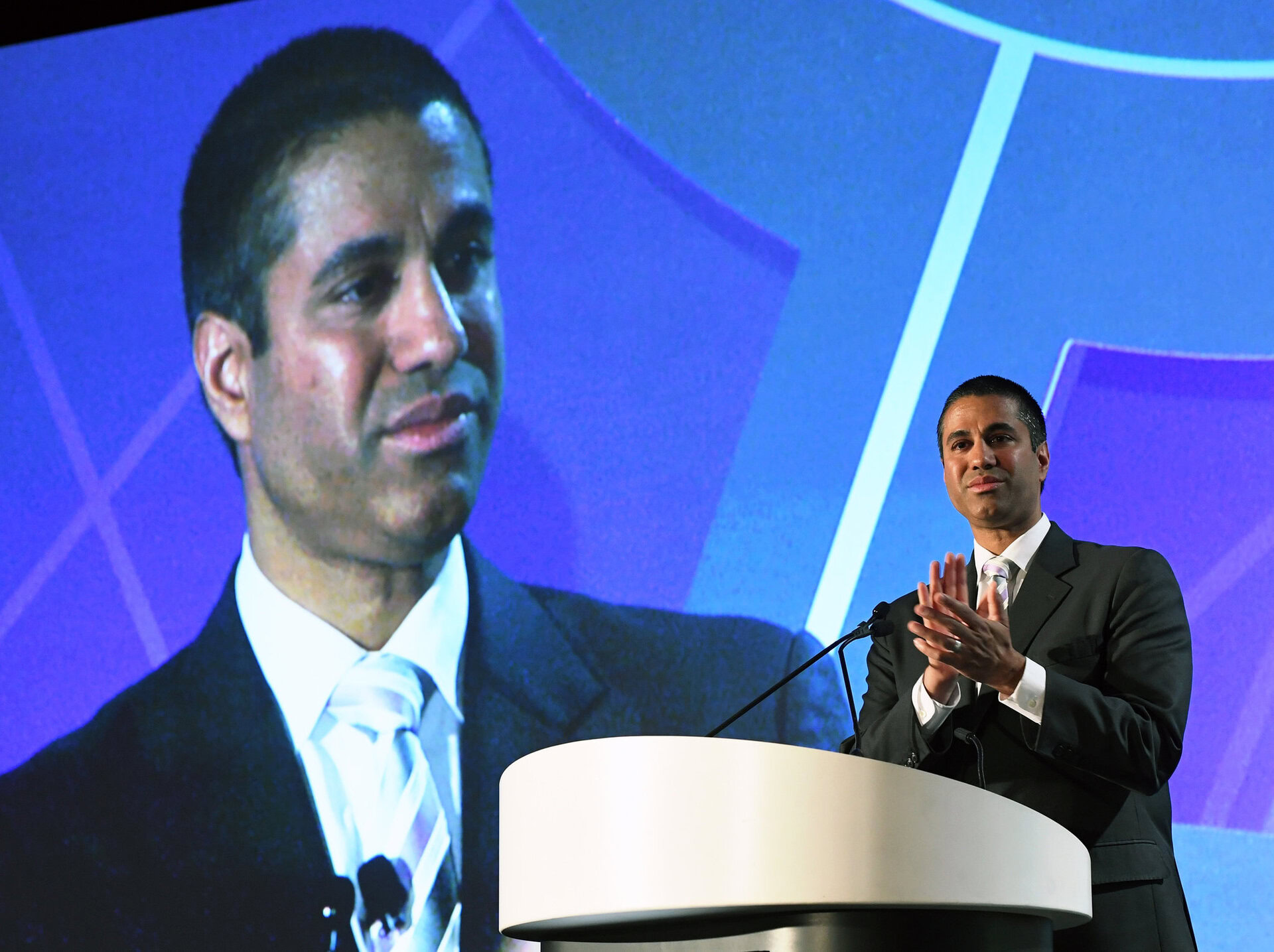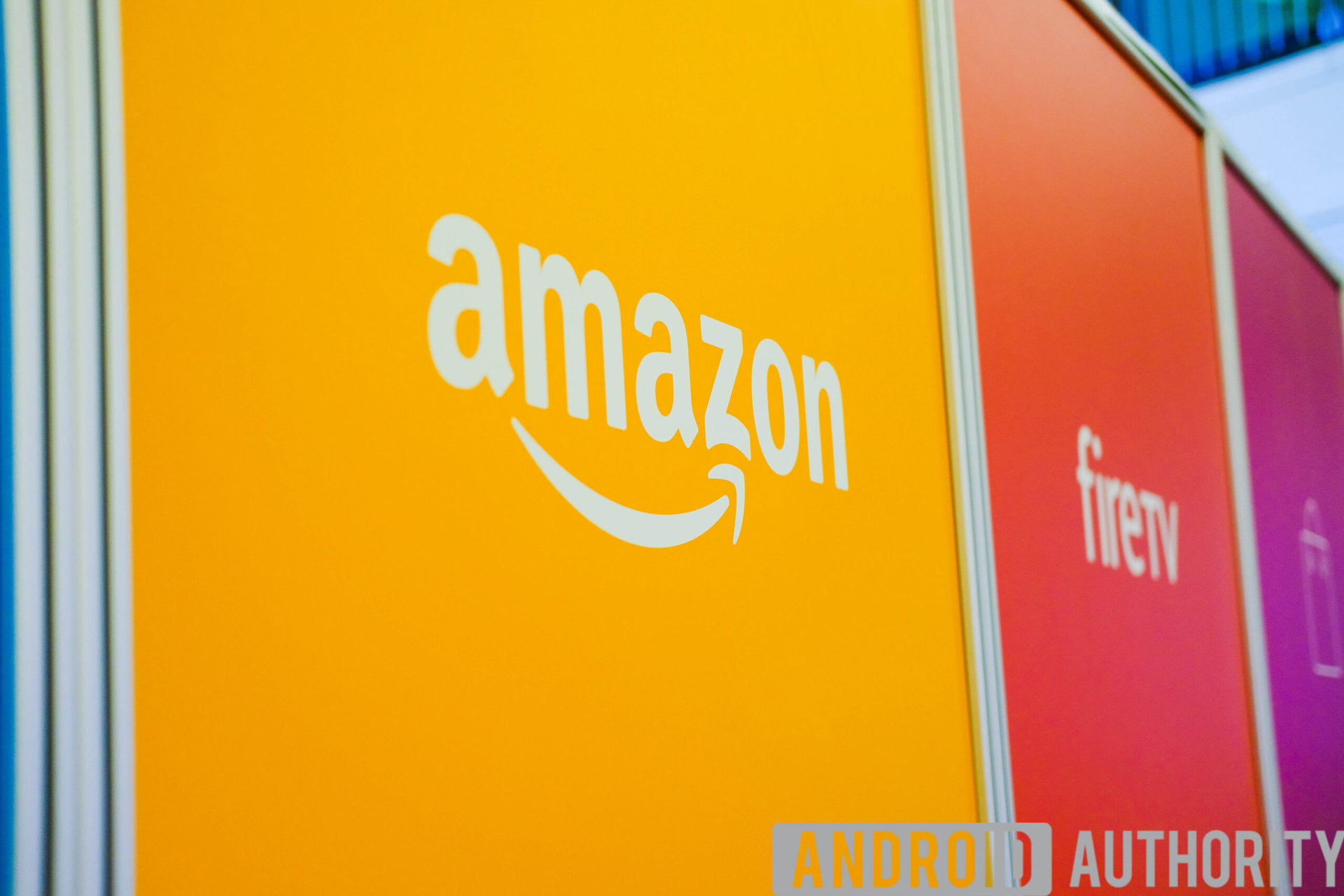Affiliate links on Android Authority may earn us a commission. Learn more.
Net neutrality affects all of us: how to support Google and 39 others in day of action
Published onJuly 12, 2017
Some of the biggest tech companies like Amazon, Facebook, Google, Netflix, and Reddit are holding a “day of action” today to fight for net neutrality. Here’s why you should care and what you can do to help.

Ajit Pai and his plans to gut net neutrality
The net neutrality debate isn’t new: Ajit Pai, a former Verizon employee who is now in charge of the FCC in the US, has long opposed net neutrality rules, claiming that they would raise taxes and impede future investment, baseless assumptions that we’ve already debunked. Under former President Barack Obama, the federal appeals court eventually approved net neutrality rules, and they remain one of the Obama-era FCC’s signature achievements. With Donald Trump’s presidency, however, Pai essentially gained another opportunity to rekindle the net neutrality debate by advocating for looser government regulations and detrimental changes to how we classify Internet service providers.

He claims that “the more heavily you regulate something, the less of it you’re likely to get,” indicating that looser regulations around telecommunications companies in the US would ultimately benefit consumers and promote Internet freedom. That’s why in his speech in Washington DC a few months ago, he announced that the FCC would seek to 1) undo the classification of ISPs as “Title II” common carriers – which would free them from tough net neutrality rules – and 2) repeal net neutrality itself.
How does it affect me anyway?
Without it, your favorite websites could load slower, require extra fees to be viewed, or flat out be blocked.
Net neutrality rules basically deem every content equal. Under net neutrality, companies – especially ISPs – cannot collect fees to prioritize certain information and websites; instead, they are required by law to treat all information flows in the same manner. If you recall, Comcast was fined $16 million back in 2009 for throttling BitTorrent connections, and that’s precisely the sort of behavior that net neutrality aims to regulate. Let’s look at some potential examples of what would happen if net neutrality did not exist, and how it could impact your Internet experience:
- You might search for Android Authority’s review of the Galaxy S8 on Google, but because Android Authority did not pay an extra fee to your ISP, our review could be demoted to the sixth page, instead of showing up as the first search result. Or your ISP could slow down your Internet speed on Android Authority’s domain to “punish” us.
- You might have to pay extra in order to watch videos on YouTube, Vimeo, DailyMotion, or Netflix because these websites do not have a “business deal” with your ISP.
- Your ISP might flat out block certain websites that consume a lot of data or websites that big entertainment companies with a lot of influence hate (i.e. BitTorrent or even certain NSFW websites).
These are only some of the possible scenarios you could encounter if ISPs are not required to treat every content equally. The bad news is that the FCC seems determined to move forward with Pai’s proposal.
As I explained in my previous post, Donald Trump’s appointment of Jeff Eisenach and Mark Jamison – who used to work at AT&T and Sprint respectively – doesn’t help either. Given the organization’s Republican majority, it’s not surprising that the FCC voted in May to move forward with Pai’s proposal, but the commission’s vote didn’t immediately revoke net neutrality. Instead, it opened up a public commenting period where Internet users, interest groups as well as corporations can submit their thoughts to the FCC. And that’s where today’s day of action comes in.
Day of action to protect net neutrality

As you can imagine, while ISPs are for repealing net neutrality, a lot of tech giants as well as consumer interest and advocacy groups are strongly against it. To be specific, 40 tech giants – including Airbnb, Amazon, Dropbox, eBay, Etsy, Expedia, Facebook, Google, LinkedIn, Lyft, Microsoft, Netflix, Pandora, Reddit, Snap, Spotify, Twitter, Uber, and Yelp – have teamed up with the Internet Association to call for a day of action today in order to raise awareness and ask for help.
Netflix and Pornhub have a slow loading sign on top of their websites with a link to a page on how to contact the FCC.
Not only is it one of the most high-profile events in the battle over net neutrality so far, it could have a meaningful impact on the FCC’s decision. In fact, a lot of the aforementioned companies have already begun their protest: companies like Airbnb, Amazon, and Spotify are displaying a banner on their homepages, asking for support while Netflix and Pornhub have a slow loading sign on top of their websites with a link to a page on how to contact the FCC. Reddit, on the other hand, has decided to place a pop-up banner which slowly loads to display a message, supporting net neutrality, and Google, Facebook, and Twitter have all released a blog post on why these rules matter.
So, the question is “What can we do to help?”
Where to go to help and how to do it
The easiest way to help is to go to the FCC’s website. As instructed by the Internet Association, you can head on over here, click the “+Express” button next to “Restoring Internet Freedom,” and fill out the form, expressing your support for net neutrality rules. The most important part is to give a detailed explanation for your support. Don’t know where to start? Here are some of the things you can include:
- Introduce yourself: whether you are an average Internet user, a concerned citizen, a passionate net neutrality advocate, or a businessperson who deals with online promotions and transactions, tell the FCC who you are.
- Why is net neutrality important to you: explain why you would be affected by the repeal of net neutrality rules. It could be as simple as losing equal access to Internet content or as personal as your online merchandise on websites like Etsy, Amazon, or eBay being negatively impacted.
- Advise what the FCC should do: describe your view(s) on what the FCC’s role is in this net neutrality debate. The FCC is here to protect consumer interest, and scaling back its regulations over ISPs could have a detrimental effect on Internet users.
Conclusion
It’s not just a fight between the top dogs; it’s also our fight.
The FCC will continue to hear and gather public feedback over the next few months, and even if the commission ultimately decides to repeal net neutrality, there are some legal barriers that the organization might face. However, net neutrality is a serious and indispensable component in our everyday Internet usage, and that’s exactly why it’s not just a fight between the top dogs. It’s also our fight, and if you want to protect your right to all Internet content, you should join Google and 39 others as well as millions of advocates around the world in today’s day of action.